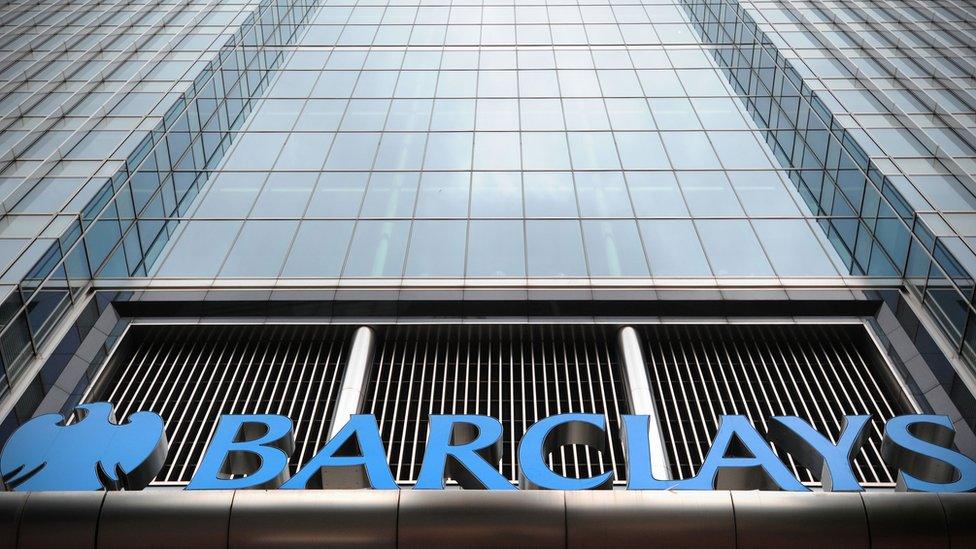Concerns over Barclays boss's conduct
- Published

Whistleblowers are a key weapon in the war against corruption and wrongdoing.
Regulators rely on them to be eyes and ears within organisations as diverse as hospitals and banks. But whistleblowing only works if it's anonymous.
If bosses can hunt down those who raise concerns, then valuable information is less likely to surface.
That's why financial regulators are so concerned by the conduct of Barclays boss Jes Staley.
When an anonymous letter was sent to members of the board raising concerns about someone Mr Staley had hired from his old firm JP Morgan, Jes Staley wanted to find out who sent it.
He was told to back off initially and then later mistakenly thought he could restart the hunt. As one source told me: "It was dumb." It certainly was and it will probably cost him at least last year's £1.3m deferred bonus.
Jes Staley is not generally a dumb guy and I'm told it was the personal nature of the letter that riled him enough to poke his nose into matters into which a CEO's nose should not be poked.
Personal attack
The letter called into question the personal conduct of a recent senior hire (although not at executive committee level) from Jes Staley's long-time employer, JP Morgan.
This person had been through some personal problems that made the author of the letter question the suitability of the candidate. It also suggested Mr Staley's long-term friendship with the new hire may have meant normal due diligence in hiring was not followed.
Mr Staley saw this as an unnecessary and personal attack on someone who had come through their problems and wanted to know who sent it so badly that Barclays' information security department asked US law enforcement officials to help find out. I'm told US officials were co-opted because the letter emanated from the US.
Barclays conducted their own inquiry into this, led by Barclays' deputy chairman Gerry Grimstone, and concluded that Mr Staley had made an honest but serious mistake.
The letter had been reviewed by the Barclays internal team, which concluded it did not contain allegations that were material to the bank's activity and therefore no further action would be taken.
Mr Staley mistakenly understood that to mean that the anonymity of the sender was therefore not guaranteed and he was allowed to try to identify the sender.
It was in fact a breach of a rule that had recently come into effect as part of something called the Senior Managers Regime. It also seems to be a pretty fundamental breach of the concept of anonymous reporting in general.
However, reasonable minds could differ on what is whistleblowing and what is the trashing of someone's reputation by bringing up past personal conduct.
Sanctions available to the regulator for breaking these new rules are potentially severe. In serious cases, the regulator has the power to disbar individuals from working in banking.
It remains to be seen whether Barclays decision to reprimand and hit its chief executive in the pocket will pacify regulators, who may take a dim view of trying to expose their useful friend - the whistleblower.
- Published9 March 2017

- Published2 February 2017

- Published16 November 2016
